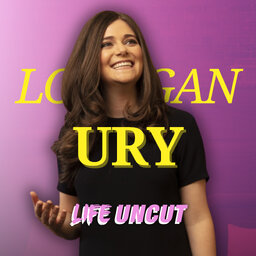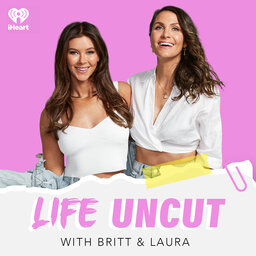Why My Parents Tried to Kill Me. There's No Honour in Killing - Uncut with Nina Aouilk
Today’s episode is a conversation about ‘honour killings’ with the absolutely incredible Nina Aouilk. Nina grew up in the UK. She has overcome enormous hardship and adversity to become one of the leading activists speaking out about honour killings and human trafficking.
Nina is also a bestselling author, a TEDx speaker and the founder of nonprofit End Honour Killings that provides welfare and support to the victims of attempted honour killings, gender-based violence, domestic abuse, and trauma.
In this chat Nina opens up on suffering abuse at the hands of her father and his friends, being forced into a marriage as a child, and surviving an 'honour killing' attack.
In this episode we speak about:
- Some of the most harrowing moments from Nina’s life
- How that has moulded Nina into who she is today
- The reality of what is happening in the homes of the places we all live
- Why we all need to speak up
- How to find the courage to rise above your adversity
*This interview contains details of some distressing content. This includes emotional, sexual and physical abuse as well as mentions of suicide. If this episode brings up anything for you, you can reach out for help at 1800 RESPECT, or life line on 13 11 14.
If it’s not the right time for you to listen right now, please sit this one out and we would love to have you join us again at another time.
You can find Nina's website here
End Honour Killings can be found here
Life Uncut
Talking all things love, life, lust, and a bunch of other stuff. Nothing is off limits in this podca…Social links
Recent clips

Ask Uncut - My Boyfriend's Secret Viagra & Sex-Chatting Husband
47:35

Why Is Everyone Craving “Chalant Dating?” Uncut with Logan Ury
49:41

Bondi, Our Hearts Are Broken
05:53
 Life Uncut
Life Uncut